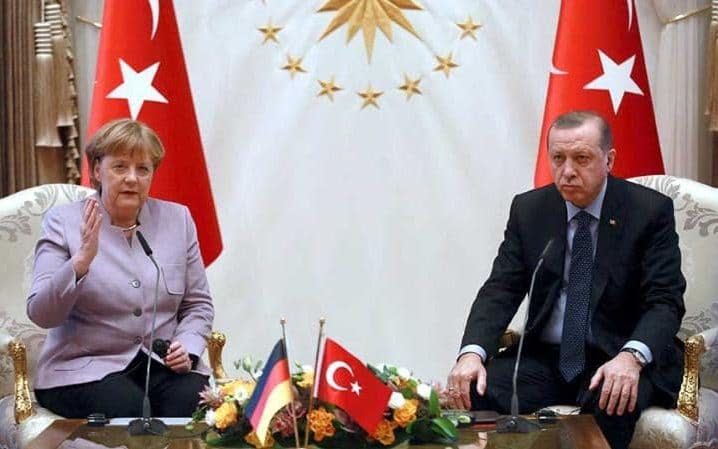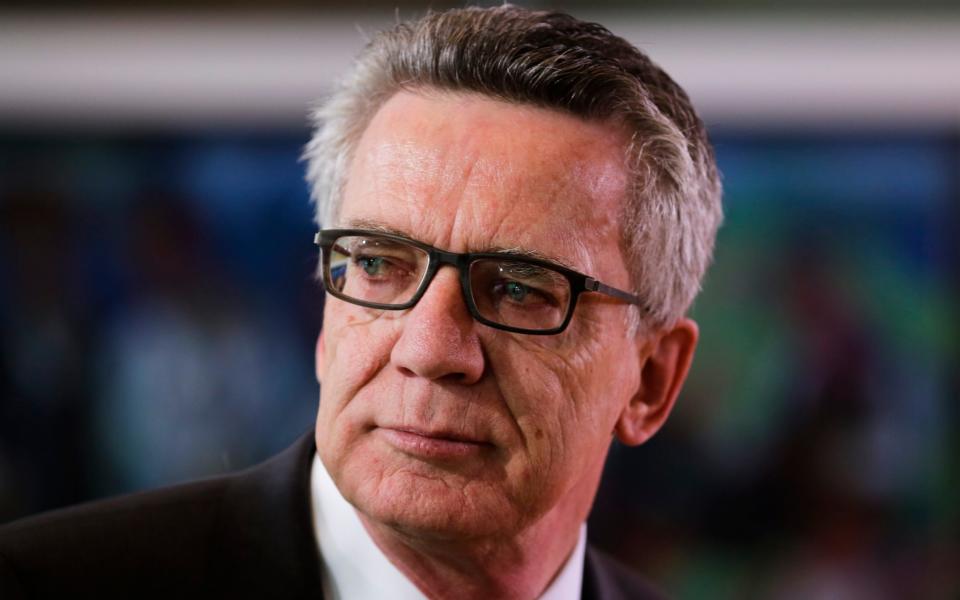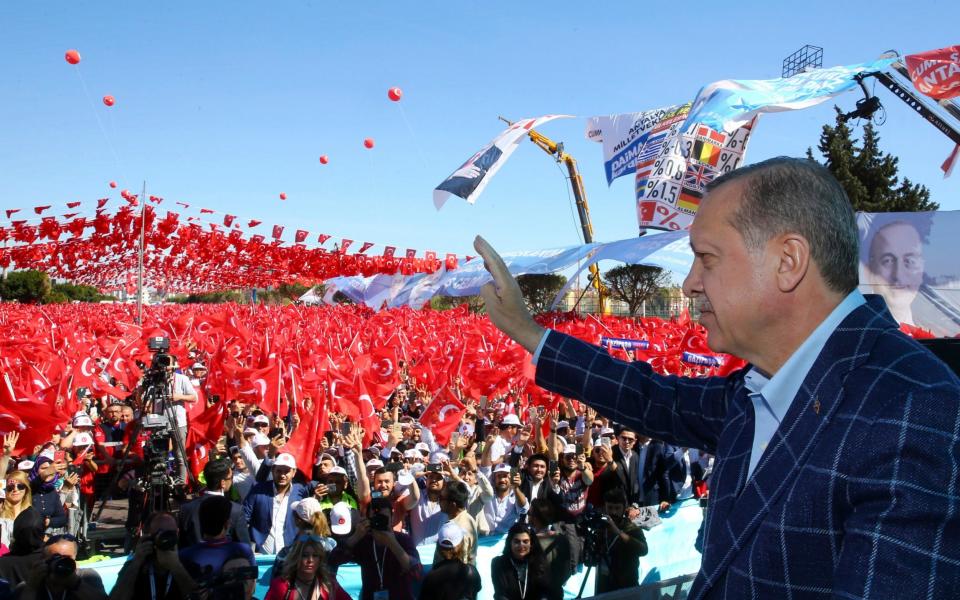Germany accuses Turkey of 'provocation' as spying row deepens

The German interior minister has accused Turkey of “provocation” in a growing row over spying.
Thomas de Maiziere said that any Turkish diplomats or officials who were found to have spied in Germany would be expelled from the country.
Several leading MPs said that did not go far enough and demanded a criminal investigation.
But Mr de Maiziere suggested that Turkey may have deliberately exposed its own spying as an act of provocation.
There has been public outcry since it emerged earlier this week that Turkish intelligence spied on hundreds of expatriate Turks living in Germany.
The case emerged after Turkish intelligence sent German authorities a list of 358 targets and requested assistance in monitoring them.

Most of the targets were alleged supporters of Fethullah Gülen, the cleric Turkey accuses of being behind last year’s failed coup attempt.
But it has since emerged that they also included the names of two German MPs.
Mr de Maiziere said Turkey could not seriously have expected German cooperation in spying against its own citizens.
“There may have been a plan behind it. We have to consider that. Provocation maybe,” he told ZDF television.
Although there is no hard evidence of Turkish spying on German soil, there have “long been indications”, Mr de Maiziere said.

“Foreign information gathering through the intelligence services is one thing. But if they have spied behind our back with agents who are not registered that is intolerable,” he said.
The case has put renewed strain on relations between the two Nato allies, which are already under pressure.
There has been considerable anger in Germany at the arrest of Deniz Yucel, a German journalist, on charges of spreading “terrorist propaganda” with his reporting for Welt newspaper.
The Turkish government has reacted furiously after several ministers were blocked from campaigning ahead of next month’s referendum on wide-ranging new powers for President Recep Tayyip Erdogan.
Mr Erdogan has repeatedly accused Angela Merkel of “Nazi measures” even though her government had nothing to do with blocking the events, which were cancelled by local authorities.

An MP from Ms Merkel’s Bavarian sister party this week turned the tables by comparing the Turkish president to Hitler.
Hans-Peter Uhl of the Christian Social Union (CSU) compared the referendum on strengthening Mr Erdogan’s powers to the Enabling Act of 1933 which gave Hitler the power to pass laws without the consent of parliament — and transformed Germany from a democracy into a Nazi dictatorship.
“The similarities to the Führer principle of Adolf Hitler are frightening,” Mr Uhl said.
Profile | Recep Tayyip Erdoğan

 Yahoo News
Yahoo News 
